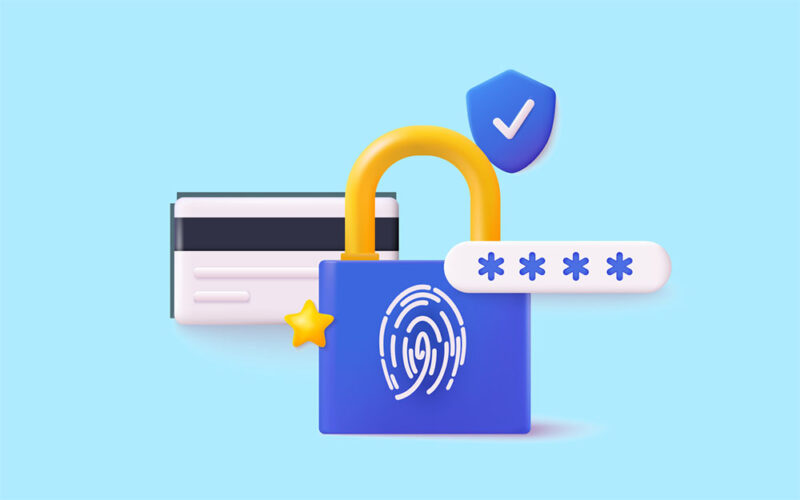Loans, today’s requirement to fulfil tomorrow’s dreams and desires, are now easy to access and easy to apply, transforming our lives. Loans in India have become a common tool for fulfilling dreams and desires among common as well as High-Networth Individuals (HNIs) because of their easy availability. Home loans, personal loans, and vehicle loans are some very common types of loans taken by the majority of people, and these are easily available from banks and non-banking financial companies (NBFCs).
Among these, personal loans are most common because of their nature and ease of access. It is an unsecured loan with a high interest rate compared to other types of loans. The loans are taken for some common issues, such as medical crises, debt consolidation, education, or vacation purposes. However, there are risks and responsibilities associated with taking out a personal loan, whether from a bank or any other financial institution.

If you are thinking about or in the process of applying for a loan for the first time, it might be good to learn about its consequences as well. Considering the good aspects of loans in our lives should not be the only criteria for selecting the lender and the idea of taking a loan. There might be chances that you will face loan default.
What is a loan default?
Loan defaults are common among borrowers because of various reasons; one of them is being unaware of your rights and responsibilities. Loan default happens when you do not pay or are able to pay back your loans as agreed with your lender, i.e., banks or NBFCs. A personal loan is usually deemed to be in default ninety days before the due date or if you fail to make three consecutive monthly payments. Nevertheless, based on the lender and the terms of the loan, the precise meaning of loan default may change.
What can happen when you default?
On the grounds of not being able to pay the loan amount to the lender, the lender has the right to declare you a defaulter and take legal action against you. Moreover, the lender has the power to sue you in court in order to recover the unpaid balance/loan amount. The lender can exercise their option to disclose you as a defaulter to credit agencies. This action will harm your credit score and future loan eligibility.
Your rights and responsibilities when you default
When you take out a personal loan or any other kinds of loan, you have predetermined rights and responsibilities as the borrower In a similar way; the lender has obligations and rights when they lend you money. Knowing your rights and responsibilities can be a big help in safeguarding your finances and your family.
The Reserve Bank of India (RBI), the apex body on banking in India, advises borrowers to read the terms and conditions of loan agreements before signing them. The RBI also advises the direct banks to disclose all the hidden terms and conditions, along with charges, to the borrowers. As a borrower, it is your responsibility to read all these thoroughly.
Here are some of your key rights:
- It is your entitlement to a clear and transparent loan agreement. This agreement includes all pertinent terms and conditions, as well as the loan amount, interest rate, fees, charges, and repayment schedule.
- As a borrower, you have rights to receive a notice of default from the lender.
- You have the right to privacy even after they have defaulted on their loans. According to the RBI’s recommendations, the banks must manage risks and follow the code of conduct when outsourcing financial services such as debt recovery.
Bottom line
As a borrower, it is your right to ask for the entire related document and be aware of all the terms and conditions including hidden charges. Before signing, any document related to the loan agreement, read all the terms and conditions carefully. RBI states, the lender should disclose all the information related to the loans along with the terms and conditions to the borrowers. As a borrower, it is your responsibility to ask for the loan agreement and read it carefully.



